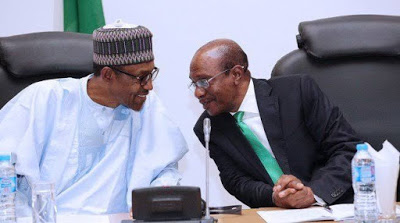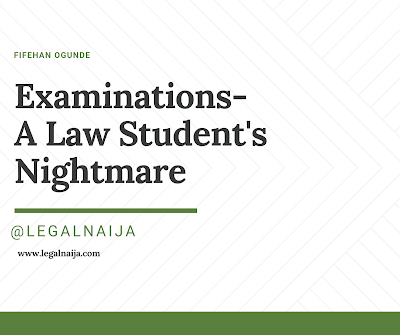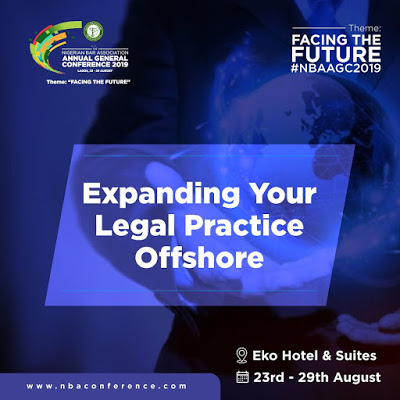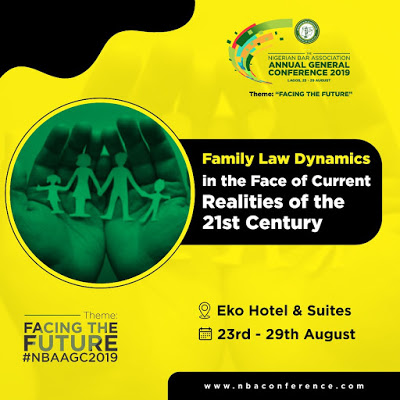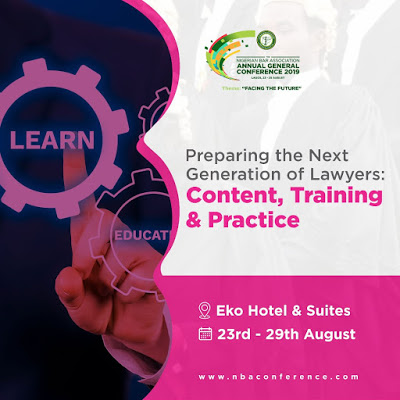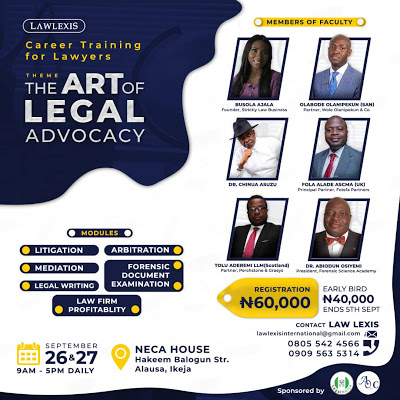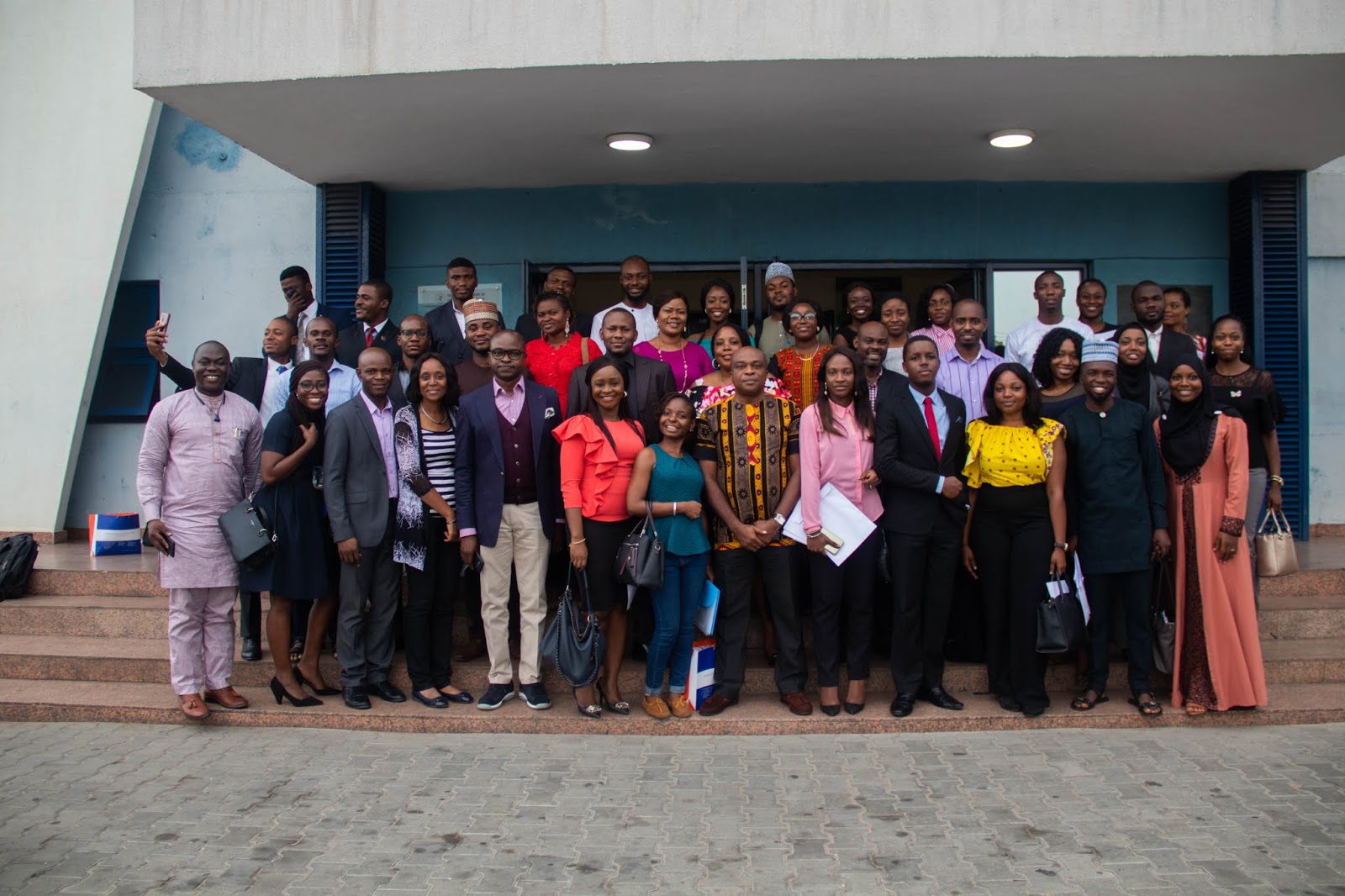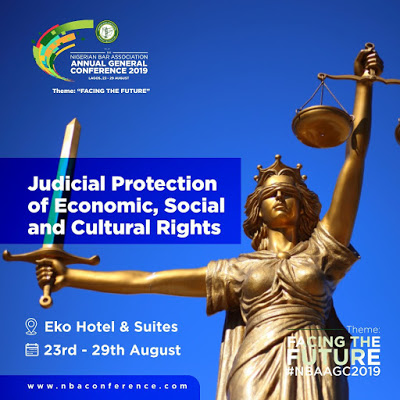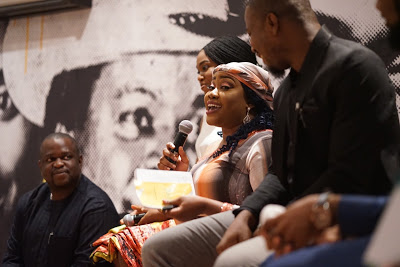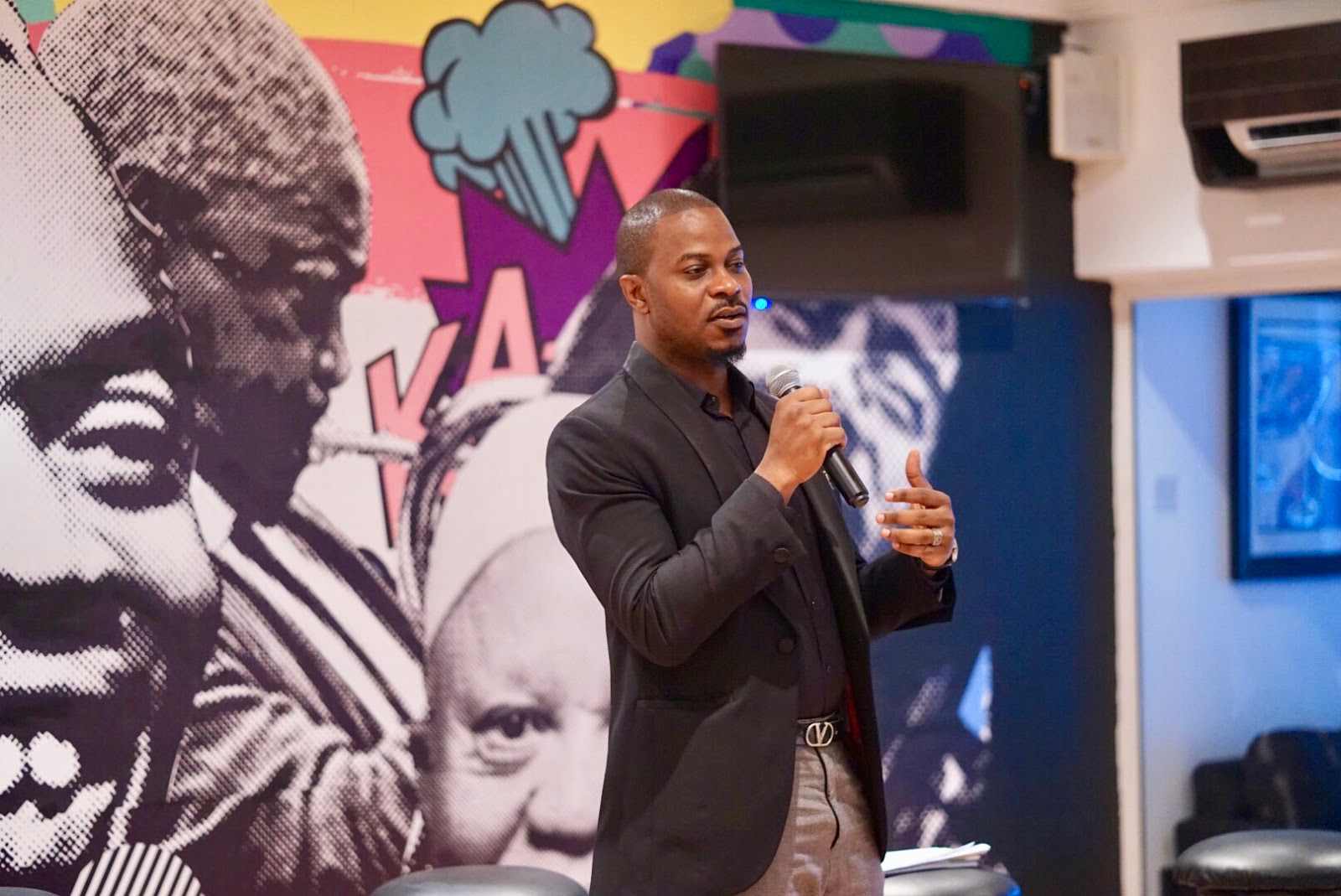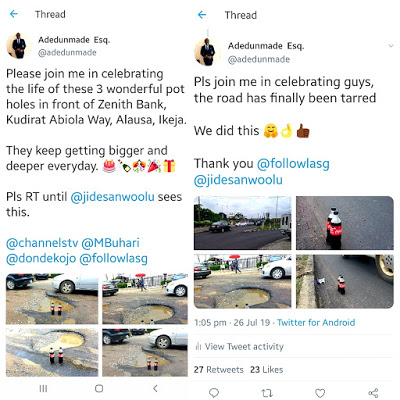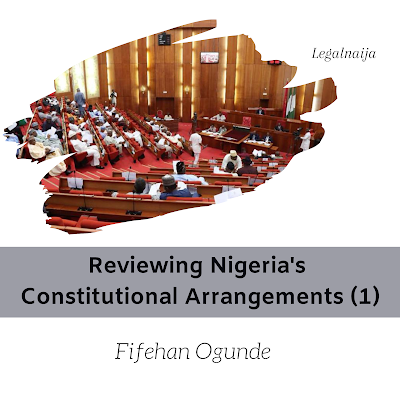Saturday evening was really cool. I had a
good time at the Youth Party event tagged “The Future of Youth Involvement In
Nigeria’s Politics” and as a young Nigerian who is interested in our politics
and growth as a nation, it was nice to listen to the likes of Banky W, Gbadebo
Rhodes Viviour, Mujaheed Salisu Ahmad, Kayode Adegbola and Rinsola Abiola talk about
their experiences during the 2019 general elections. From their passion it was obvious
these young Nigerians from different political platforms had put in their all
to win the elections.
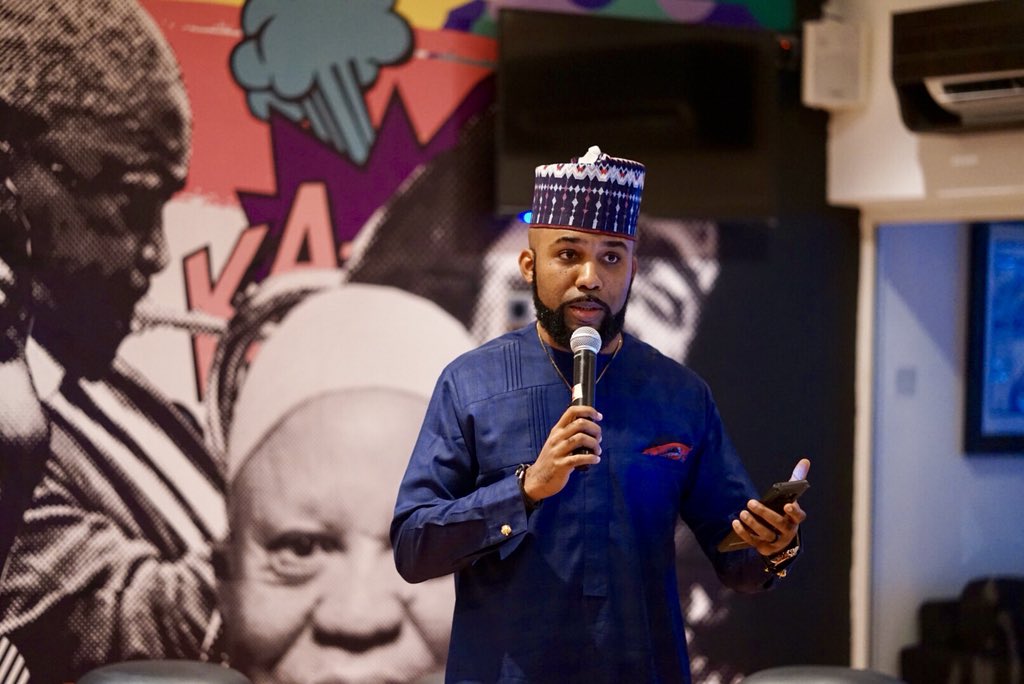
The conversation also highlighted many of the
challenges we face in our electoral system, for instance, panelists shared stories
about threat to life, logistical nightmares, raising funds, getting support and
the voting process which could sometimes be very frustrating. One thing however
stood out, VOTER APATHY and the need to get more young Nigerians involved in
all levels of politics and the electoral process.
There are a number of reasons
many Nigerians are uninterested in voting process, they include the stressful
process of voter registration and voting in
elections, lack of faith in the process, general lack of confidence in
government and the constant presence of irregularities in the voting process are
amongst the leading reasons people do not participate in the electoral process.
Moreover, having recently participated in election petitions, I know firsthand
the damage these activities have on our national health and psyche as a people.
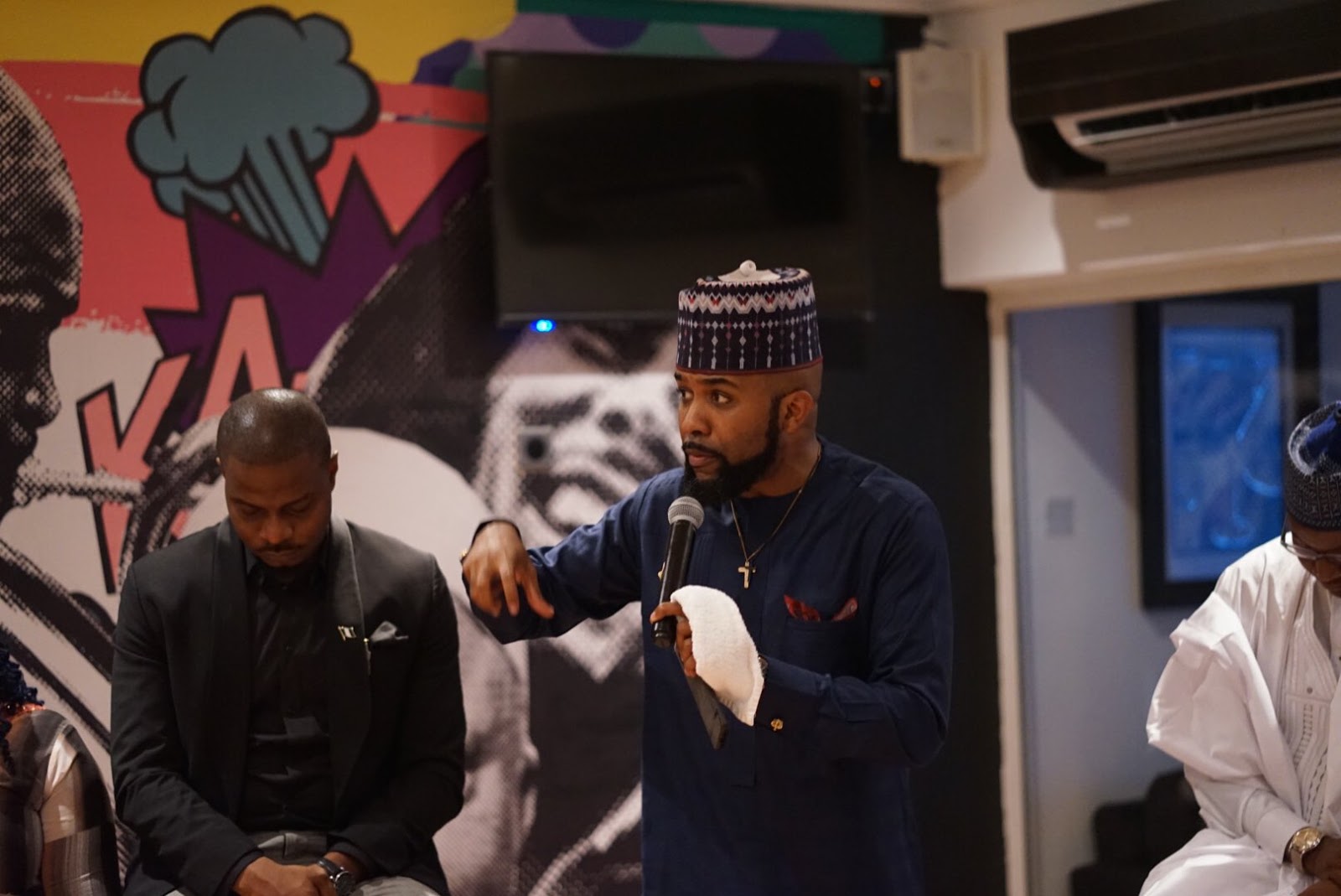
I believe we can solve the problem of voter
apathy with voter empathy and in this post, I will tell you how a political
party can access the huge numbers of eligible voters who never come out to vote
on election day or participate in the election process. One thing is true, Nigerians
have heard it all and I mean that literally, we have had politicians make
campaign promises and out rightly deny making such statements upon getting to
office. We know too well that our elected office holders only speak to the
people during election campaign season and are nowhere to be found after
winning the election.
SO HOW
CAN WE ENCOURAGE NIGERIANS TO PARTICIPATE IN THE ELECTION PROCESS AND RID OUR
PEOPLE OF VOTER APATHY? WE SHOW THE EMPATHY. To show empathy is the ability
to understand and share the feelings of another and in what way can empathizing
help you win the hearts of Nigerians – through COMMUNITY ORGANISING.
Community
organising is the work of bringing people together to take action around their
common concerns and overcome social injustice. Community organisers reach out
and listen, connect and motivate people to build their collective power. When
people are organised, communities get heard and power begins to shift creating
real change for good.
Community organizing will help show that a
party isn’t only concerned with the vote on election day but also concerned
about the things the people find important, such as healthcare, security, economic
opportunities and justice. Young Nigerians have to organize systematically and
strategically to positively influence our political office holders and impact
our communities.
A number of activities which community
organizers can engage in include –
·
Public
school parents who organize to demand a high-quality education for their
children.
·
Neighbors
who organize to address potholes in the road and other infrastructure issues.
·
Peaceful
protest against police brutality
·
Organizing
members of a community to demand better health care facilities
·
Organizing
young Nigerians to demand for electoral reforms.
·
Residents
of a community coming together to demand security and many others.
By showing voter empathy, we don’t just bore
Nigerians with party manifestos and empty promises which they have all heard
before but you show them the values you believe in and how you are standing by
those values. If you were a Nigerian who saw members of a political party organize
small communities and create change in those communities, won’t you want to
give them the opportunity to do more?
Many individuals and NGOs are already
involved in various forms of community organizing but hardly do we have
political parties engage in such activities. Before people can care about your
party and its manifesto, your party must first show the people that it cares. This is one way we #shapethefuture
I will also encourage young Nigerians to
employ out of the box thinking in calling the attention of the public and
government agencies/officers to issues which are critical and of immense
importance to members of the public.
On a final note, I will leave with these
words shared by Gbadebo – “You may not be interested in politics but politics is interested in you”.
Adedunmade Onibokun
@Adedunmade is a lawyer and educates Nigerians
on the law via the Nigerian Blawg @Legalnaija
Photo Credit – @youthparty_ng
